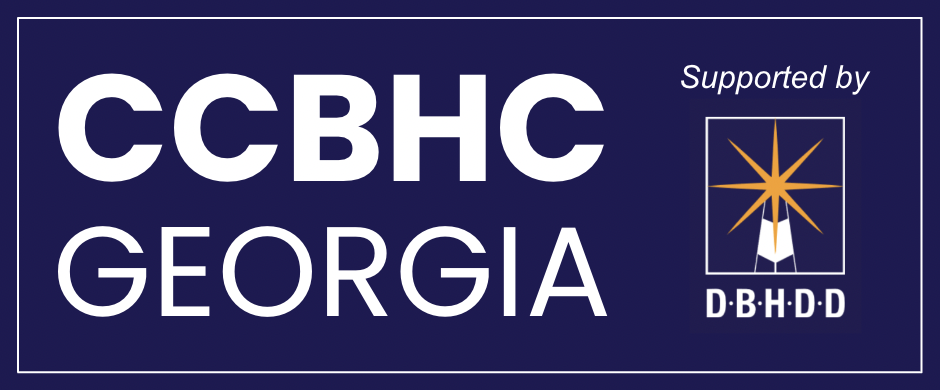President Biden, Senator Stabenow Call for Improvements to Mental Health Care Coverage, Tout Success of CCBHCs
From the National Council for Mental Wellbeing - WASHINGTON, DC (July 25, 2023) — President Joe Biden and Senator Debbie Stabenow (D-MI) today gathered with behavioral health advocates to highlight the need for more changes to expand access to comprehensive mental health and substance use care services nationwide through new proposed rules to improve compliance with the Mental Health Parity and Addiction Equity Act.
The National Council applauds the Biden-Harris Administration and Senator Stabenow for their focus on our nation’s mental health and substance use crises. We are grateful for the acknowledgment about the need to remove barriers to accessing care, including efforts to strengthen parity enforcement. We also commend the Biden-Harris Administration and Senator Stabenow for their commitment to expanding Certified Community Behavioral Health Clinics (CCBHCs). CCBHCs play a vital role in helping people receive the treatment and care they need, which helps increase parity in access to care. But there’s much more work to be done to ensure people in every community can access care and services through a CCBHC.
“Too often, arbitrary barriers prevent people from getting the mental health and substance use treatment and care they need,” said National Council for Mental Wellbeing President and CEO Chuck Ingoglia. “Not knowing where to go or not knowing if it will result in a significant out-of-pocket cost is enough to stop someone from accessing lifesaving care. Certified Community Behavioral Health Clinics remove these barriers by ensuring access to comprehensive and high-quality services, regardless of someone’s ability to pay.
“CCBHCs transform access to mental health and substance use treatment and care. They provide hope for people dealing with a mental health or substance use challenge. Amidst a national mental health crisis, record-high overdose death rates, and an ongoing, devastating behavioral health workforce shortage, the CCBHC model successfully lowers barriers to accessing care while equipping clinics with the resources to expand services, reduce wait times and better recruit and retain staff. In some states, they’ve been shown to increase access to care by up to 35 percent.
“Thanks to the innovative CCBHC model, we’re entering a new era – one that will define how people access mental health and substance use services in their communities. Now we must do all we can to ensure that everyone has access to a CCBHC. And we must maximize CCBHCs’ success by defining the model in federal law. Doing so will reinforce the federal commitment to addressing the nation’s mental health and substance use crises and will save lives.”
To read the full article from the National Council for Mental Wellbeing, click here.
